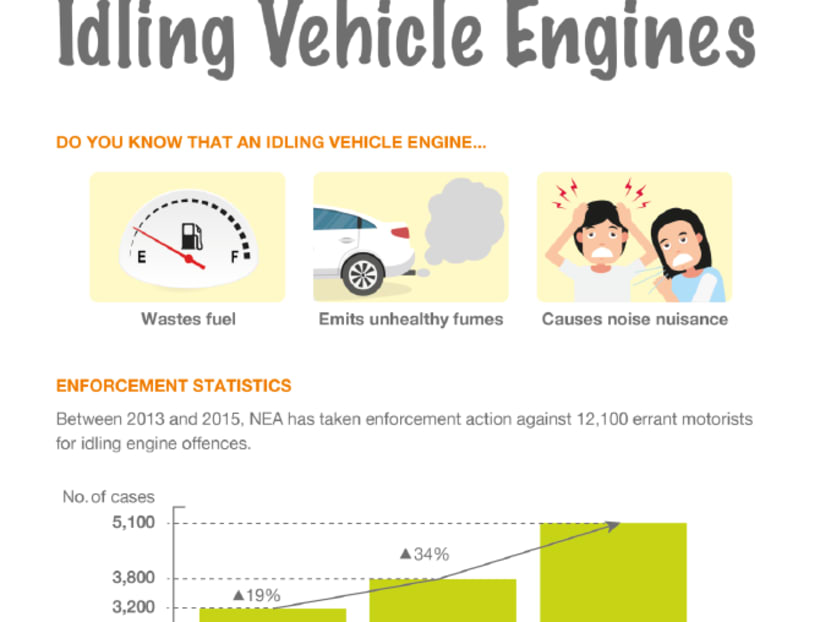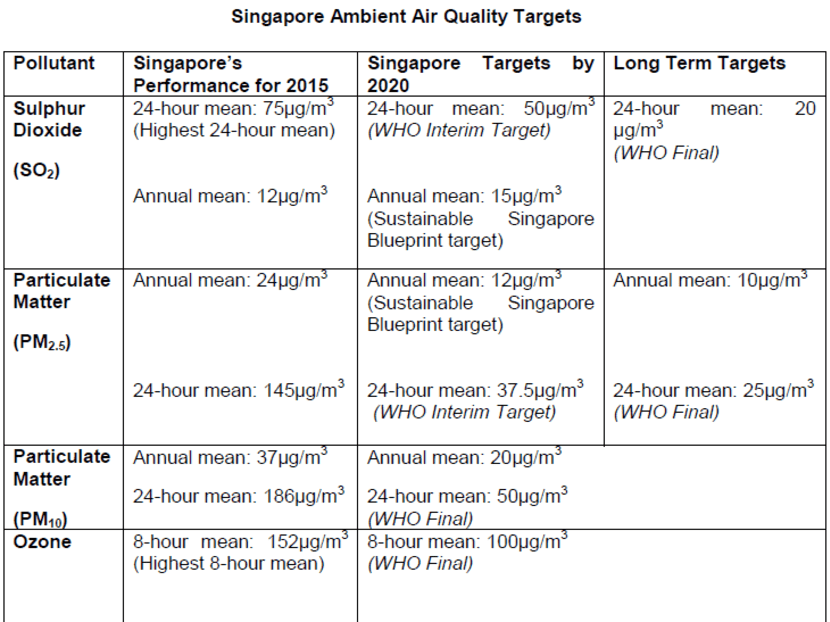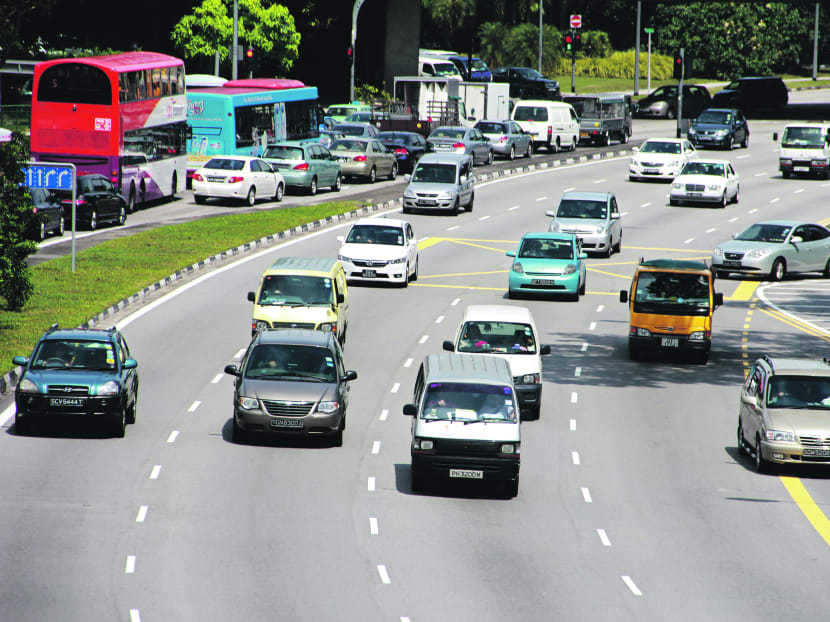Stiffer fines for motorists who repeatedly leave vehicle engines idling
SINGAPORE — Motorists who repeatedly leave their vehicle engines idling will face higher penalties as authorities continue their efforts in improving Singapore’s ambient air quality.
SINGAPORE — Motorists who repeatedly leave their vehicle engines idling will face higher penalties as authorities continue their efforts in improving Singapore’s ambient air quality.
From June 1, motorists caught leaving their vehicle engines idling for a second or subsequent time may compound the offence by paying a composition sum of S$100, up from the current S$70. If the composition sum is not paid, the offender may be fined up to S$5,000 upon conviction by the court.
Announcing the stiffer fines on Friday (April 29), the National Environment Agency (NEA) pointed to an “upward trend of idling vehicle engine offences”.
The number of enforcement cases grew from about 3,200 in 2013 to 5,100 in 2015, said the NEA. During the first three months of this year, the NEA took action against 1,489 errant motorists for idling engine offences.
(Click to Enlarge)

Infographic: NEA
Under the Environmental Protection and Management (Vehicular Emissions) Regulations, it is an offence to leave the engine of a motor vehicle running when it is stationary for reasons other than traffic conditions.
The regulations apply to all motorists driving all types of motor vehicles except for:
• Vehicles that require their engines to be switched on for operation of on-board machinery, such as chiller trucks, concrete mixers etc.
• Taxis/buses in a queue at their designated stops, stands or terminals waiting to pick up/drop off passengers;
• Vehicles that are used for law enforcement or emergency purposes, such as ambulances, SCDF or police vehicles; or
• Vehicles undergoing inspection or maintenance.
Singapore plans to reduce domestic emissions to meet its 2020 air quality targets which are benchmarked against World Health Organization standards.
(Click to Enlarge)








